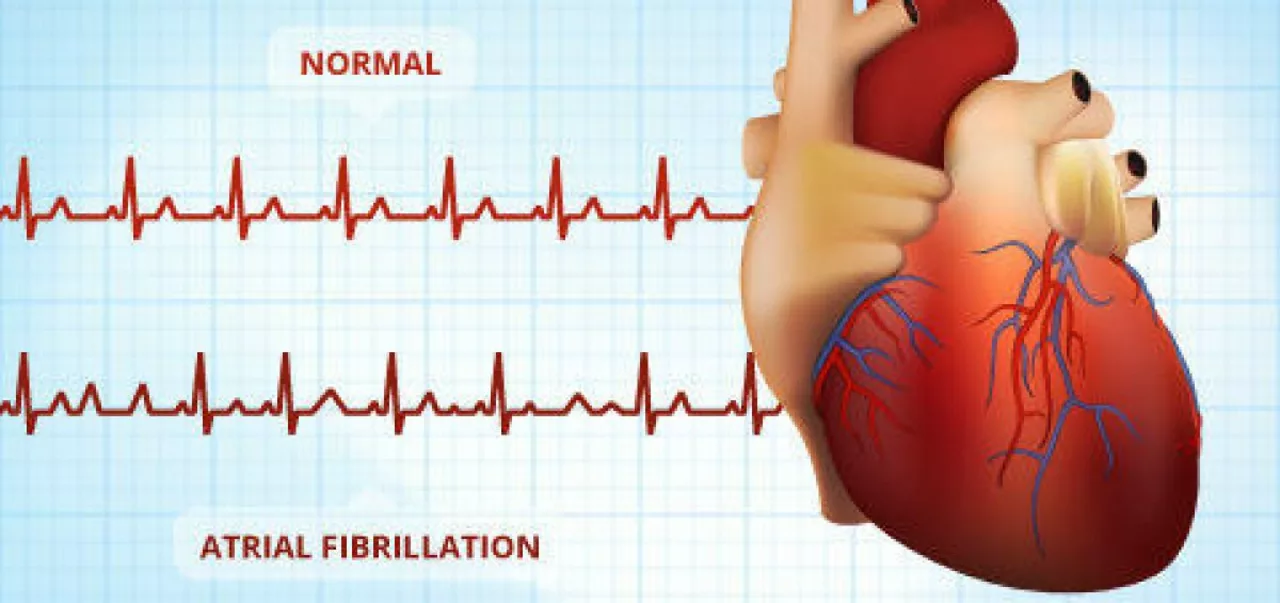Apixaban – What It Is and When You Might Need It
If your doctor mentioned a pill called apixaban, they’re talking about a modern blood thinner that helps prevent clots. People usually take it after heart surgery, if they have an irregular heartbeat (atrial fibrillation), or when they’ve had a deep‑vein thrombosis. The goal is simple: keep blood from forming dangerous clots while staying safe.
How Apixaban Works
Apixaban blocks a protein called factor Xa, which is a key step in the clotting chain. By stopping this step, the drug slows down the whole process that turns liquid blood into a solid clot. You don’t feel any difference when it works – no buzzing or tingling – but your risk of stroke or a blocked vein goes down.
Unlike older blood thinners such as warfarin, apixaban doesn’t need regular blood tests to check its level. That’s because the dose is fixed and predictable for most people. Still, you should tell any doctor that you’re on apixaban before they order surgery or other procedures.
Tips for Safe Use
Here are some everyday things to keep in mind:
- Take it exactly as prescribed. Most patients take two tablets a day, about 12 hours apart. If you miss a dose, take it as soon as you remember unless it’s almost time for the next one – then skip the missed pill.
- Avoid certain supplements and meds. Over‑the‑counter NSAIDs (like ibuprofen) can raise bleeding risk. Talk to your pharmacist before adding any new drug, including herbal stuff like ginkgo or garlic pills.
- Watch for signs of bleeding. Unusual bruising, blood in urine or stool, or a nosebleed that won’t stop are red flags. Call your doctor right away if you see them.
- Stay hydrated. Dehydration can make the blood thicker and increase clot risk, which defeats the purpose of the medication.
- Plan ahead for surgeries. Your surgeon will likely ask you to stop apixaban a few days before an operation. Follow their timeline closely – stopping too early or too late can cause problems.
If you’re pregnant, nursing, or have kidney issues, let your doctor know. Dosage may need adjusting, and some people shouldn’t use apixaban at all.
Most side effects are mild: occasional stomach upset or headache. The big worry is bleeding, but that’s rare if you stick to the prescribed dose and avoid risky combos.
In short, apixaban is a convenient, effective way to keep clots from forming. Use it responsibly, stay alert for any unusual symptoms, and keep an open line with your healthcare team. That way you get the protection you need without unnecessary hassle.
The Role of Apixaban in Reducing Stroke Risk in Patients with Atrial Fibrillation
In my latest research, I've come across the significant role Apixaban plays in reducing stroke risk for patients with atrial fibrillation. Atrial fibrillation, a common heart rhythm disorder, can lead to the formation of blood clots and increase the risk of stroke. Apixaban is an anticoagulant medication that helps prevent these blood clots from forming. Numerous studies have shown that it is not only effective, but also a safer alternative to traditional blood thinners like warfarin. It's amazing to see how advancements in medicine, like Apixaban, continue to improve the lives of those living with heart-related conditions.






